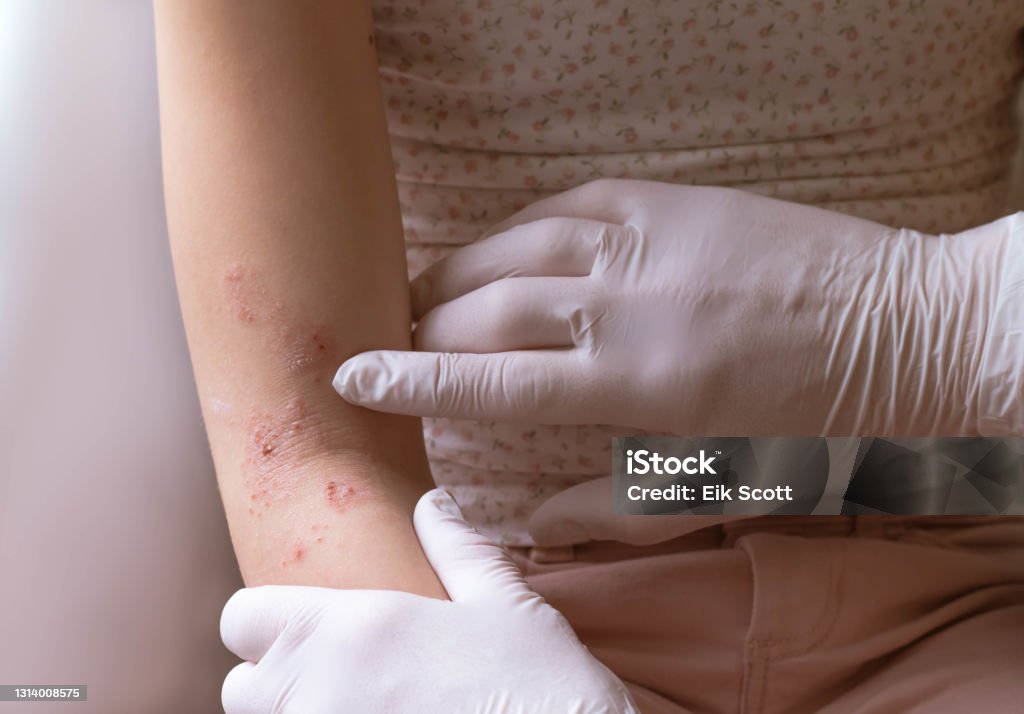Scientists in England are developing a rapid, portable sensor designed to detect skin cancer through chemicals released through the skin. A team from Bournemouth University (BU) in England and University Hospital Dorset has recently launched a three-year study to learn how to develop the sensor, which will not require specialist training to operate.
According to Bournemouth University, the sensor will work by identifying volatile organic compounds (VOCs). VOCs are a group of chemicals that readily evaporate into the air and are often released by skin cancer sites. A spokesperson from BU said: “The study aims to identify the VOCs which are specific to skin cancers and develop a rapid, portable device which can detect them.”
Richard Paul, a professor of Bioanalytical Chemistry at BU and the lead of the study said: “People with suspected skin cancer usually present at their GP [General Practitioner] surgery, where a doctor is tasked with making a visual assessment before deciding whether to refer the patient for specialist assessment. Skin cancers can be difficult to diagnose, and as such the rates of unnecessary referrals for specialist assessment are high.”
This project is being done after an initial pilot test that developed a device to capture VOCs released from skin cancer sites. The spokesperson from BU said, “The trial developed a non-invasive approach for VOC collection from skin cancer patients which can be used during routine appointments and revealed the potential VOC biomarkers associated with skin cancers.”
However, the team isn’t the first to develop a portable test for skin cancer. In January of this year, the Food & Drug Administration approved “the first medical device powered by artificial intelligence and designed to help doctors catch skin cancer,” according to the U.S. News & World Report. The device, created by manufacturing company DermaSensor, can detect melanoma, the most fatal form of skin cancer, and identify whether moles are cancerous or not. However, the device is not meant to be used as the primary screening tool for skin cancer.
Overall, this current project has the potential to improve skin cancer diagnoses by preventing unnecessary referrals to specialists and making diagnoses more available to the public. Additionally, the developed sensor would not require any specialist training, making it accessible to a wide range of healthcare professionals. So far, this current project has been backed by foundations and donors with an interest in skin cancer detection. However, the team is continuing to fundraise for future phases of the project and welcomes philanthropic contributions at any time.








